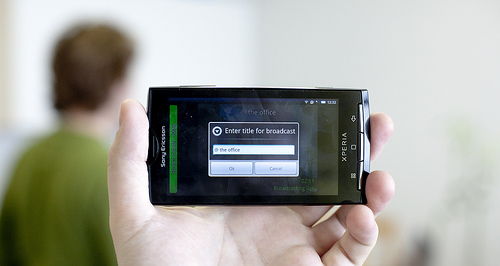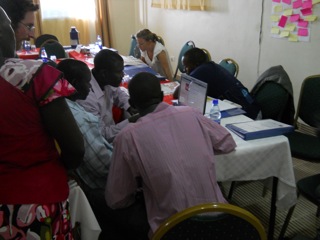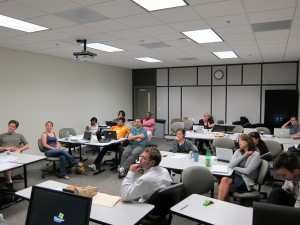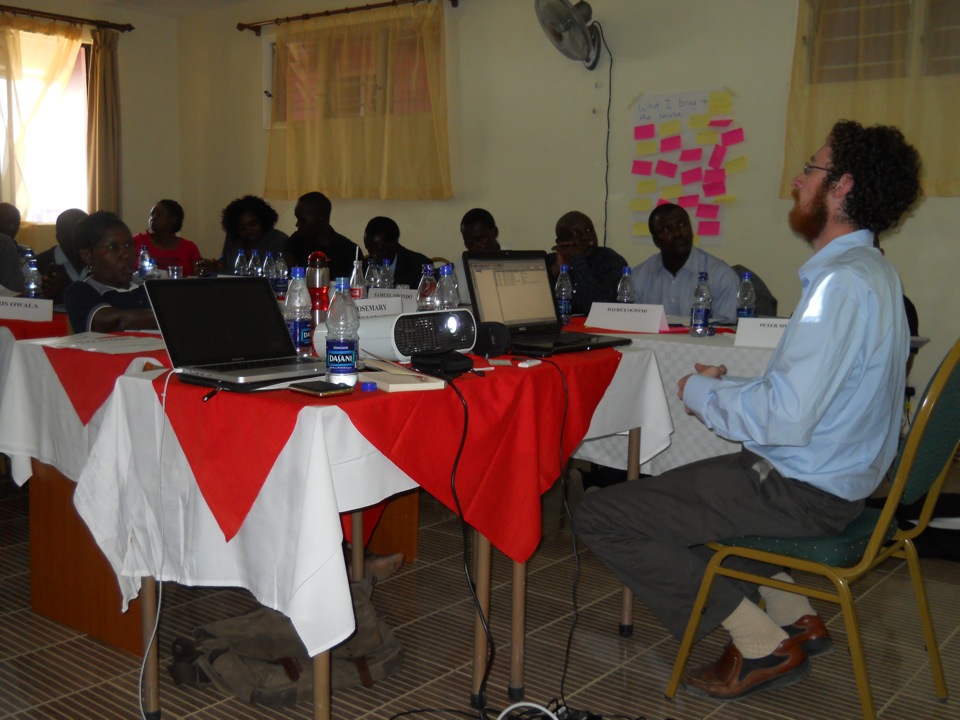 TechChange was recently brought to Kenya by the Partnership for Peace , a program run by the Konrad Adenauer Foundation, to train local leaders from Kenya’s Nyanza, Rift Valley, and Western provinces in the use of FrontlineSMS and Ushahidi software. These leaders were drawn from Community Service Organizations (CSOs), which are responsible for supporting everything from local agriculture, public health, election monitoring and conflict resolution efforts.
TechChange was recently brought to Kenya by the Partnership for Peace , a program run by the Konrad Adenauer Foundation, to train local leaders from Kenya’s Nyanza, Rift Valley, and Western provinces in the use of FrontlineSMS and Ushahidi software. These leaders were drawn from Community Service Organizations (CSOs), which are responsible for supporting everything from local agriculture, public health, election monitoring and conflict resolution efforts.
Our training program focused on the use of FrontlineSMS and Ushahidi as tools for monitoring elections, since the CSOs will play an important role in supporting the next round of national elections in 2012. Our three-day program started out with some basic discussions of technology, governance, and the role of information communication systems in Kenya. We also introduced the FrontlineSMS software the first day so that participants could see it in action and use it before the simulation on the second day of the course. The simulation, an election monitoring game, allowed participants to go through the entire process of publicizing their data gathering project, collating data sent in by text message, and using the FrontlineSMS and Ushahidi software to disseminate data to “voters” who would use the information to make decisions about where to vote.
(more…)
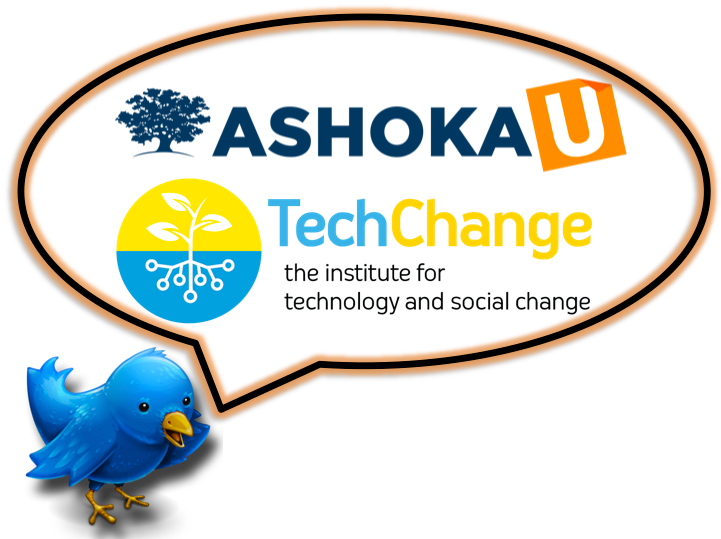 Last Friday, 81 Tweeters joined for one hour to discuss the current landscape and future of technology and social entrepreneurship in higher education. In the Twitter Chat, hosted by TechChange and AshokaU, 410 tweets were sent and 50 URLs were shared that informed of some of the most innovative and relevant advances in the space. You can view all the statistics here at summarizr.
Last Friday, 81 Tweeters joined for one hour to discuss the current landscape and future of technology and social entrepreneurship in higher education. In the Twitter Chat, hosted by TechChange and AshokaU, 410 tweets were sent and 50 URLs were shared that informed of some of the most innovative and relevant advances in the space. You can view all the statistics here at summarizr.

